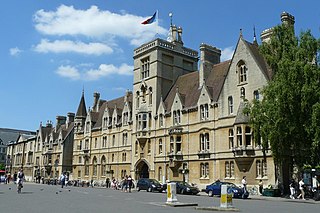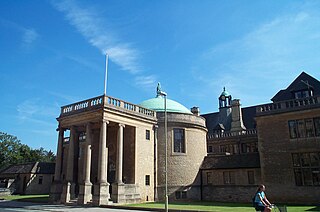
Andrew Lang (1844–1912) was a Scottish poet, novelist, literary critic, and contributor to the field of anthropology. He is best known as a collector of folk and fairy tales. The Andrew Lang lectures at the University of St Andrews are named after him.
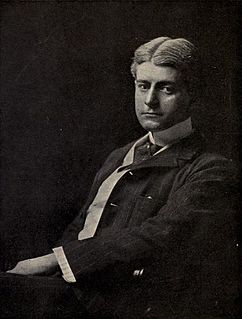
Benjamin Franklin "Frank" Norris Jr. was an American journalist and novelist during the Progressive Era, whose fiction was predominantly in the naturalist genre. His notable works include McTeague (1899), The Octopus: A Story of California (1901), and The Pit (1903).
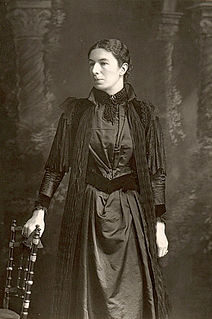
Mary Augusta Ward was a British novelist who wrote under her married name as Mrs Humphry Ward. She worked to improve education for the poor and she became the founding President of the Women's National Anti-Suffrage League.

Richard Henry Stoddard was an American critic and poet.

John Kendrick Bangs was an American author, humorist, editor and satirist.
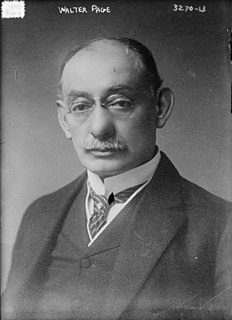
Walter Hines Page was an American journalist, publisher, and diplomat. He was the United States ambassador to the United Kingdom during World War I.

Hugh Chisholm was a British journalist, and editor of the 10th, 11th and 12th editions of the Encyclopædia Britannica.
Roger Sherman Loomis was an American scholar and one of the foremost authorities on medieval and Arthurian literature. Loomis is perhaps best known for showing the roots of Arthurian legend, in particular the Holy Grail, in native Celtic mythology.
Sir John Andrew Macphail, was a Canadian physician, author, professor of medicine, and soldier. Macphail was a prolific writer, and an influential intellectual during the early twentieth century.

William Winter was an American dramatic critic and author.
Francis Steegmuller was an American biographer, translator and fiction writer, who was known chiefly as a Flaubert scholar.
Jonathan Worth Daniels was an American author, editor, and White House Press Secretary. He was a founding member of the Peabody Awards Board of Jurors, serving from 1940 until 1950. For most of his life, he worked at The News & Observer, and later founded The Island Packet.
Julian Leonard Street (1879–1947) was an American author, born in Chicago. He was a reporter on the New York Mail and Express in 1899 and had charge of its dramatic department in 1900-01. His writings, characterized by a rather obvious but yet a genuine sense of humor, include:
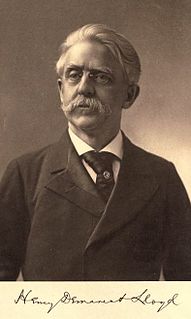
Henry Demarest Lloyd was a 19th-century American progressive political activist and pioneer muckraking journalist. He is best remembered for his exposés of the Standard Oil Company, which were written before Ida M. Tarbell's series for McClure's Magazine.

Alice Louisa Dudeney was an English author and short story writer. The wife of Henry Dudeney, a fellow author and inventor of mathematical puzzles and games, she used the style Mrs. Henry Dudeney for much of her literary career. She herself became a popular writer in her lifetime, often compared to Thomas Hardy for her portrayals of Sussex regional life. She had over fifty volumes of fiction published between 1898 and 1937.
William Page was a prolific and pioneering historian and editor. For the last three decades of his life he was general editor of the Victoria County History.

Francis Browning Bickerstaffe-Drew K.H.S., better known as John Ayscough, was an English writer and Roman Catholic priest.
Lillian Greer Bedichek (1885–1971) was an American educator.

